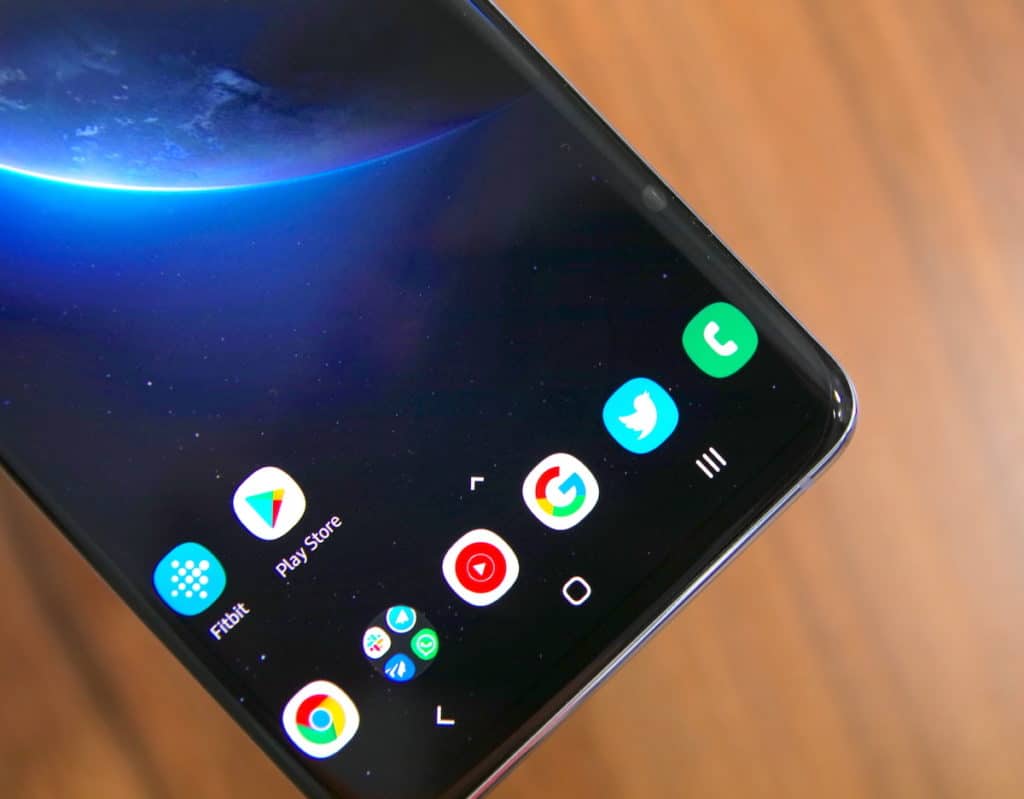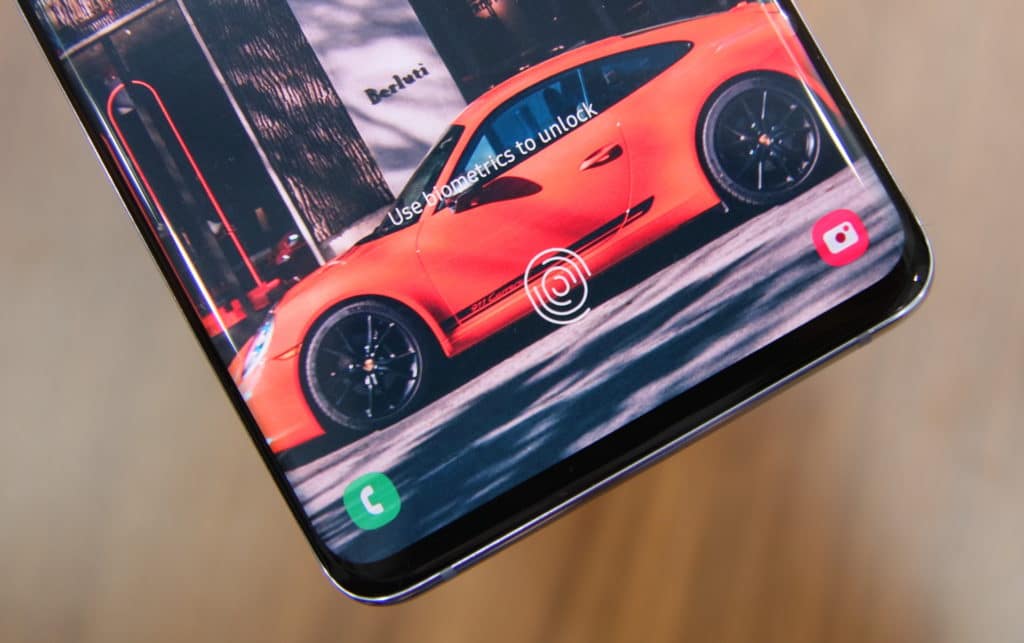
In a bid to not adopt the notch and reach and full-screen design as seen in many other Chinese Android flagships, Samsung will be ditching the iris scanner on the Galaxy S10. The company had first debuted the scanner with the Galaxy Note 7 back in 2016.
Since then, the iris scanner has found a place in all of Samsung’s flagship Galaxy S and Galaxy Note devices. On the Galaxy S10 though, Samsung will be solely relying on the in-display fingerprint scanner for authentication purposes. It will drop the iris scanner completely so as to allow it to reduce the top bezel further on its upcoming flagship.
Furthermore, for an optimal user experience, the ultrasonic fingerprint sensor on the Galaxy S10 will be faster than other in-display fingerprint scanners in the market and offer a larger recognition area.
Compared to optical fingerprint sensors, the S10 ultrasonic fingerprint sensor is faster and has a larger recognition area, and 30% of the screens may be recognized.
— ICE UNIVERSE (@UniverseIce) November 2, 2018
Samsung is trying to ensure the Galaxy S10 has a high screen-to-body ratio similar to the Oppo Find X and iPhone X. The only way to do that is to eliminate the top and bottom bezel completely.
The company can reduce the size of the bottom bezel further by rolling the OLED display’s touch driver backward similar to what Apple has done with the iPhone X and iPhone XS. For the top bezel though, Samsung will not only have to eliminate the iris scanner but also do something about the camera. While it is dropping the former, it will reportedly adopt a camera hole in display design for the S10.
Dropping the iris scanner from the Galaxy S10 makes sense since it is not as fast as face unlock found on other Android devices and iPhone’s Face ID thereby leading to a poor user experience. It is also not as accurate and fails to work properly in daylight. While the report says that Samsung will only be offering the in-display fingerprint scanner as the biometric authentication option on the Galaxy S10, I also expect the device to come with face unlock which will rely solely on the front selfie camera.
Are you happy with the performance of the iris scanner on your flagship Galaxy S or Galaxy Note device?
















